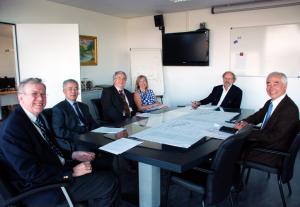What’s New
27 October 2014
ITER news digest for the period of 27 October 2014 to 27 October 2014.

Upcoming colloquium on TFTR record fusion power shot


Désolé, cette page n'existe pas en français.

